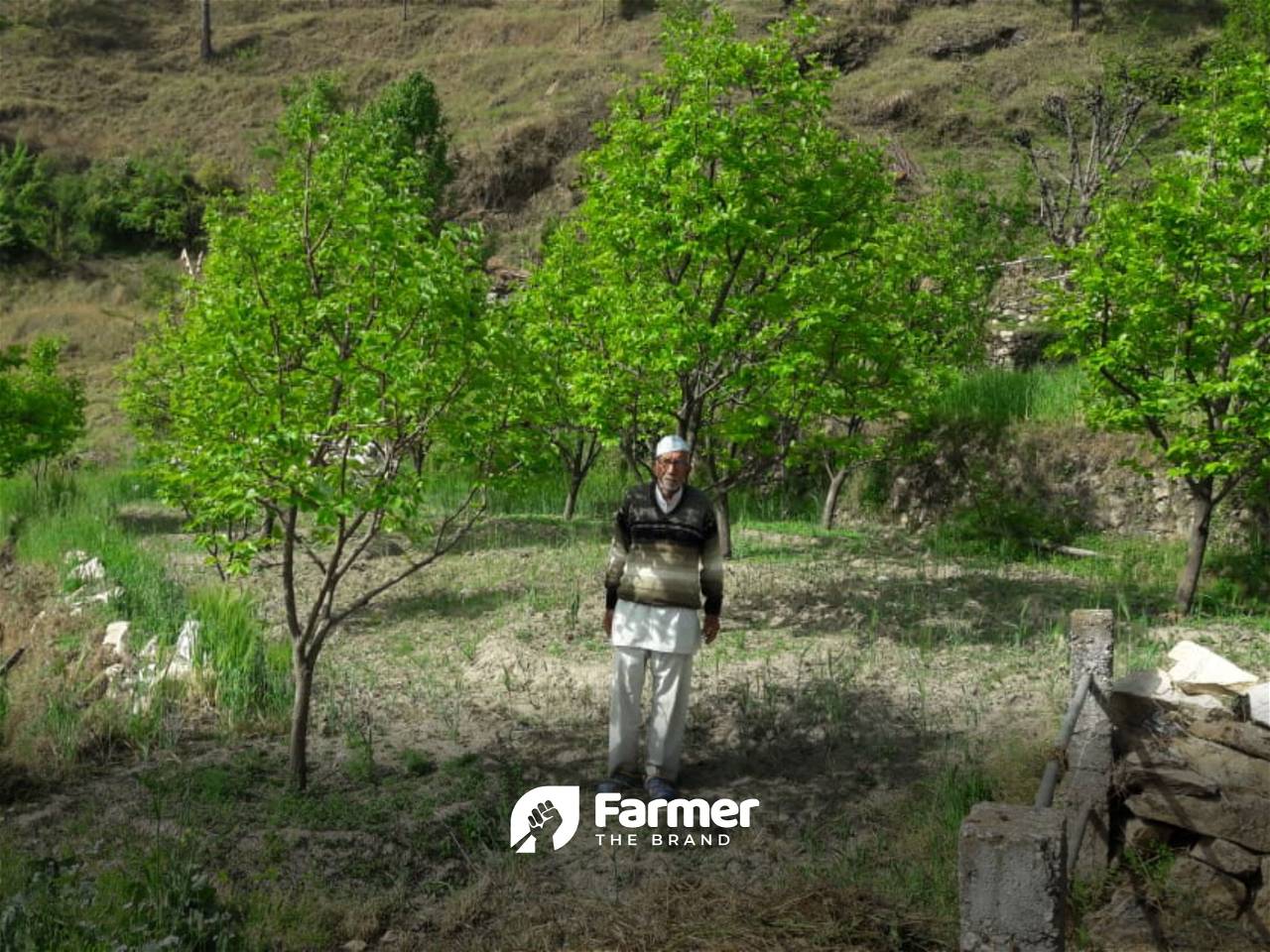
Yudhveer Singh Rawat of Uttarkashi in Uttarakhand introduced himself as son of the soil, which has raised him. Yudhveer said he has spent 60 years in farming and has dedicated his life to research on farming in Uttarkashi. He is a highly religious person and this land for him is goddess, to whom he prays.
He used to ponder if farming and the soil are interlinked or not. He has learnt through practice and experience. He meditated and saw how mother earth grew his plants from seeds. He grows grains, fruits and vegetables. He is not only a farmer but also a poet and expresses his work and experiences in farming through poems. As a young man, he decided to live in his village and build a life there. He observed that in the scenic view of Uttarkashi, the farming units were spread out. He believes in organic farming and dairy farming is quite common here in the hills.
His biggest problem was the land he owned was barren and through hardwork and research, he turned this land into a fertile unit on which he started to grow vegetables, which he even sold in markets. At the time the state was highly underdeveloped. The Vikas Khand Karyalaya opened in 1962, which encouraged me and panchayats were formed, and he was given the post of toli nayak (Group Leader), and after 3 months of good performance he was promoted to Dal Pati, which fell under the Nyaya Panchayat. This role involved maintaining cleanliness in the village, building pathways and other activities.
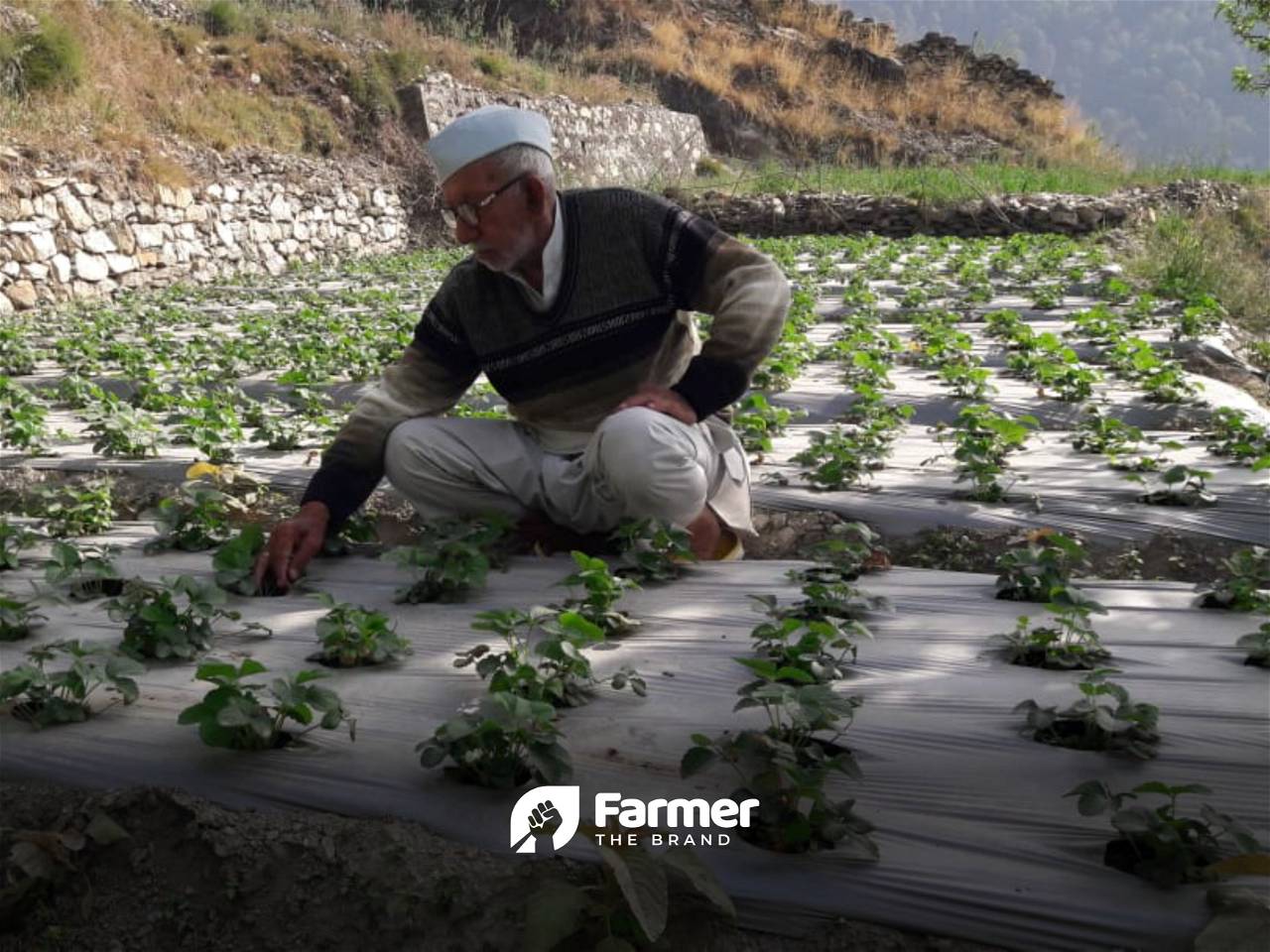
Under this arrangement, the production in villages increased and his income also increased. Farmers also took up animal husbandry. In the Kisan mela his presentation was evaluated at the Vikas Khand level and he was the winner of the first prize. After that he got the opportunity to serve PRD for one year. After all this was over he was elected Pradhan to his village Panchayat.
As a farmer, he wanted to see what crops, plants or trees from other climates will be able to adapt to Uttarkashi climate. He did this testing as it interested him. He was able to grow fruit trees of 22 varieties and he named his orchard Sadabahar Garden. Benefit of having such a garden is that you will get fruits in all seasons. Most of these trees and plants adapted to the climate and were productive. There are some changes in the time of bearing of fruits but no other major changes. He has travelled to Himachal, Maharashtra, Almora, and to other major valleys across India.
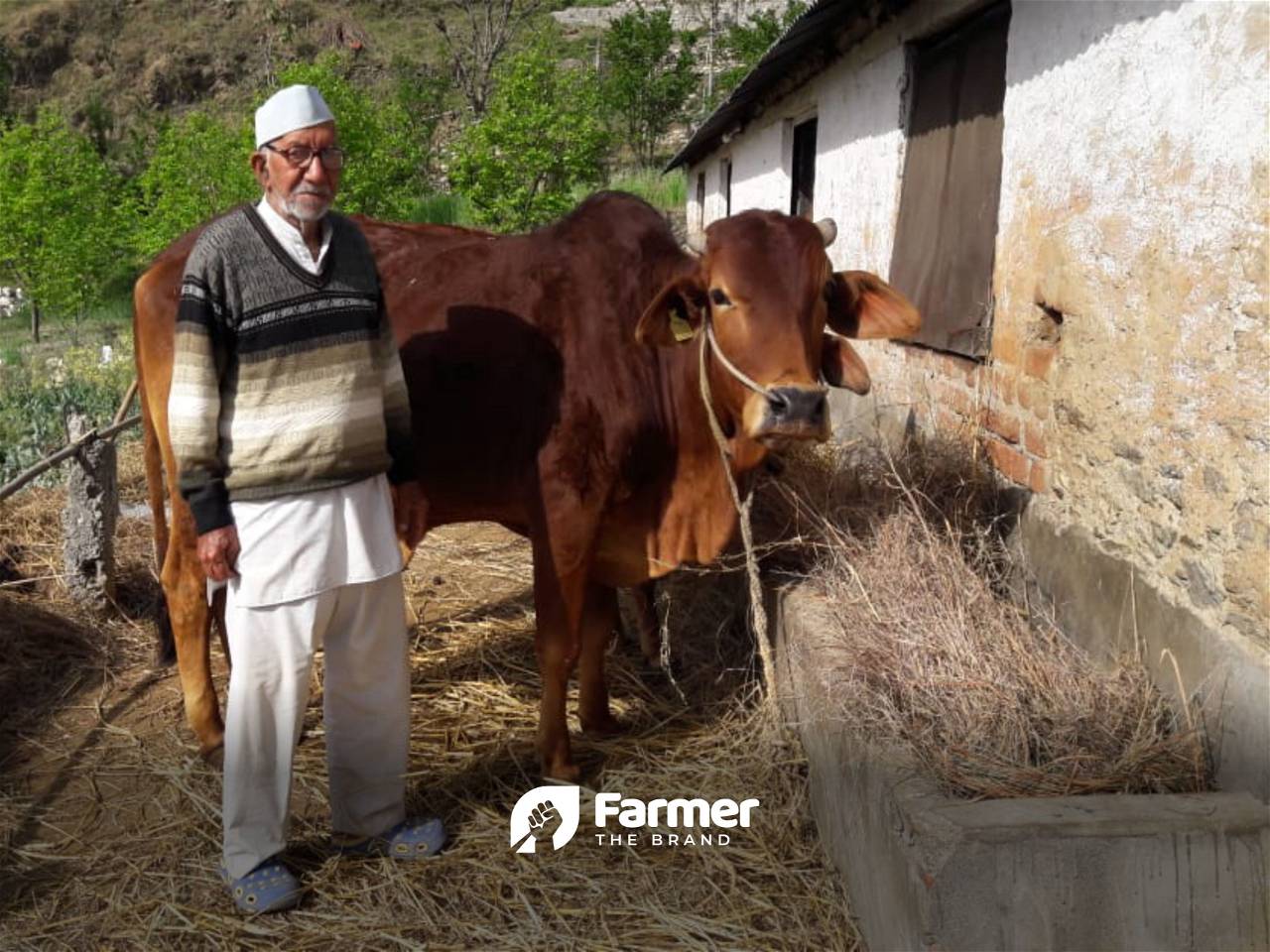
Sometime back, an NGO came to their village to encourage and enhance their interest in farming. Mahendra Kunwar, HARC Secretary, created a farmers organization in his area. Rawat played the role of mentor in this organization. They started to grow tomatoes, which were sold at far away mandis. However the amount they were offered (80 paisa per KG) was miserly and he felt disheartened with the system which did not value their efforts. He raised this issue with Chief Secretary at the Kisan mela who invited him to meet officially. He was asked how many tomatoes he sells, he replied that four vehicles everyday collect tomatoes from their village. He mentioned the price they are paid and the price, Rs 10, at which the consumer finally eats them. How to cut out the middlemen, is what he asked him and in reply the Chief Secretary asked him the breakdown of his costs. 10 KG box was sold at Rs 50 and the sellers assumes that they are being paid Rs 5 per KG for their tomatoes. Packaging requires boxes and these cost money, along with the markers. It cost them Rs 32 per box. Transportation and other expenses at the mandi cost further Rs 10. Now they are left with Rs. 8 for 10 KGs of their tomatoes i.e. 80 paisa per KG. As a solution, their products were linked with the Mother Dairy. The Mother Dairy officers said that you need to have a federation before we can buy from you. So, they setup a federation of 200 persons and elected a leader and this federation was connected to the Mother Dairy. So finally they got a decent income. And more people got interested in farming.
He now decided to focus on fruits. He tested which varieties will give good results up here and worked on them. The 22 variety of fruits that he grows include, grapes, guava, pomegranates, walnuts, apple, blood orange, papaya, lemon, japani fal, grapefruit, mango, peach, bananas, pears and others. He observed the trees and their production. Everything was possible. People come from far and away to see the practicals and this benefits the village. Theory is difficult to believe but practicals make you believe. He again praised the soil goddess for all that he has. He declared that the soil and environment of the region doesn't lack anything that will hamper growth of any crops. You need commitment and right attitude and you will succeed. He again sings and repeats some poetry for us. He said he was satisfied with what he had achieved as he has met all the goals that he had aimed for. He said dedicated persons will always succeed in farming. He said his family of 2 in 1962 has grown to 27 members today. And everyone is able to earn enough to meet their requirements through farming. We live here in peace and prosperity with the blessings of God.
He now takes us around his garden and shows the trees that he has brought from all over India. Firstly he shows us the peach tree which originates from Himachal and the fruits that are growing on it. Next is the "japani fal" tree, a japanese variety, a single fruit of which sells at Rs 60. At lower rates the cost of this fruit varies between Rs 100-200 per KG. This fruit has two varieties, the one available in market is oval in shape (lengthier) and is difficult to store, while the one growing in his farm are almost of the shape of normal tomatoes. This variety is easy to manage and doesn't go waste even in two months of storage. He shows us his vegetable farm and the pear tree that is growing alongside it. He even grows kiwis. Snowfall has reduced the productivity of the fruit trees this year.
Yudhveer then shows us his polyhouse which he had to build because of frost issues. These polyhouses even have nets in them which allow good ventilation in summer. He still has some barren land and he is working on improving its fertility by planting wild trees. He has some cinnamon plants and deodar (cedar) trees. These leaves are even fed to the cattle. His kiwi vines are supported by metallic wire structures placed at an angle. These kiwis are available at Rs 50-100 per piece in the market. He blames the bad weather for low production of fruits this year. Kiwi are popular due to their effectiveness against dengue disease.
Yudhveer has a tank with fresh tap water supply which becomes more useful in summers for irrigating his garden. He shows us some small plants he brought from Maharashtra, which he had planted recently and he hopes that these will grow into fruit bearing trees and will not disappoint him. He shows us the lemon plants with lemons growing on them. He then takes us to his grapes plant which bears good fruits. He then shows us the black grapes plant he brought from Maharashtra. These grapes have good growth. He shows us his small farm where he is growing pumpkin, cauliflower, capsicum, brinjal and cucumber. They market their products as organic produce and his business with veggies is profitable.
He has planted a sandalwood tree right in front of his house. He said the way these plants trees grow and react inspires him to live. Next he shows us his pomegranate trees which have some issues with adapting to a new climate but are still productive. He grows corn in small quantities and takes us to his guava tree which is extremely productive and his family has loved its juicy fruits. He shows us his mango trees, which though are in wrong area in terms of climate but still produce well.
He then takes us to the boundary of his farm and points to the low lying fields close to the river where they grow paddy, which is known as red rice. 10 years ago scientist began research on this rice to improve its quality and productivity and his fields were found suitable to grow this variety. He repeats that this soil is like his breast-feeding mother to him.
He then starts to describe his animal husbandry activities. He mentions that he is active in gardening too. He shows us the "chara" processing machine in front of one of the many sheds he owns. He pointed to the pits where he prepares organic manure. He has another farm close by where he grows cauliflower. His every product is chemical free. Trees, plants and grass on the barren land are used as cattle feed. He owns buffaloes, cows, goats which are the milk providers and there is enough fodder for them around here.
Behind the shed are his persimmon trees which are extremely profitable. He said he never has any need for labour as all of his family members contribute with work on the farms. He grows this fruit by quintals. The fruit trees do not require any effort. He says he never has need to travel anywhere for re-creational purposes and when he feels like it he comes to his gardens, orchards and farms to relax. They pay only one time for persimmon trees, when the seedlings are bought from Himachal and after planting no manual effort is required. Sometimes birds come to eat these fruits so there is additional investment of nets to prevent this. He said Uttarakhand's environment, water sources, culture are relaxing and people here have easy and comfortable life.
He says all villages need to be organized and a master plan should be made which on execution will assist all citizens of the state. All villagers need to come forward and must decide what actions need to be taken for the betterment of their villages. A system must be built where the produce of the farmers can be easily sold at the mandis. He feels nobody needs to emigrate from their villages, all facilities and amenities should be available to the villagers.
Yudhveer once went to a cauliflower grower in Himachal Pradesh, while researching. The farmer asked him if he grew everything himself or with assistance. He replied that he did all the farming work himself. Yudhveer was updated that the farmer was a retired army officer who had earned grants for his work in agriculture from the government and the way he worked was an inspiration to others. He mostly grew cauliflower seeds which were sold to the farming community. Yudhveer was impressed with the way the government was coming to farmers assistance. He hopes that people of Uttarakhand will learn from these eminent persons and people of similar experiences will come forward to work with the general public. He said Himachal government had worked on analyzing the soil fertility of different regions and started work on improvement and suggesting which crops are best for which region. He hopes the best for his state of Uttarakhand and hopes it will develop and progress with its citizens. He mentioned that only with the right attitude will you succeed. He requested all citizens of the state to contribute in the growth of the state. Please click here to see the video yourself.






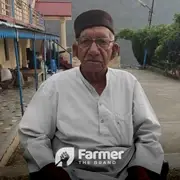





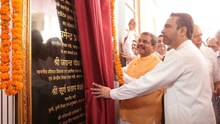

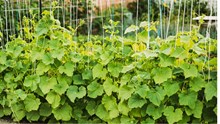
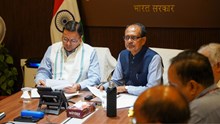
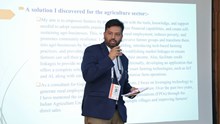

Share your comments